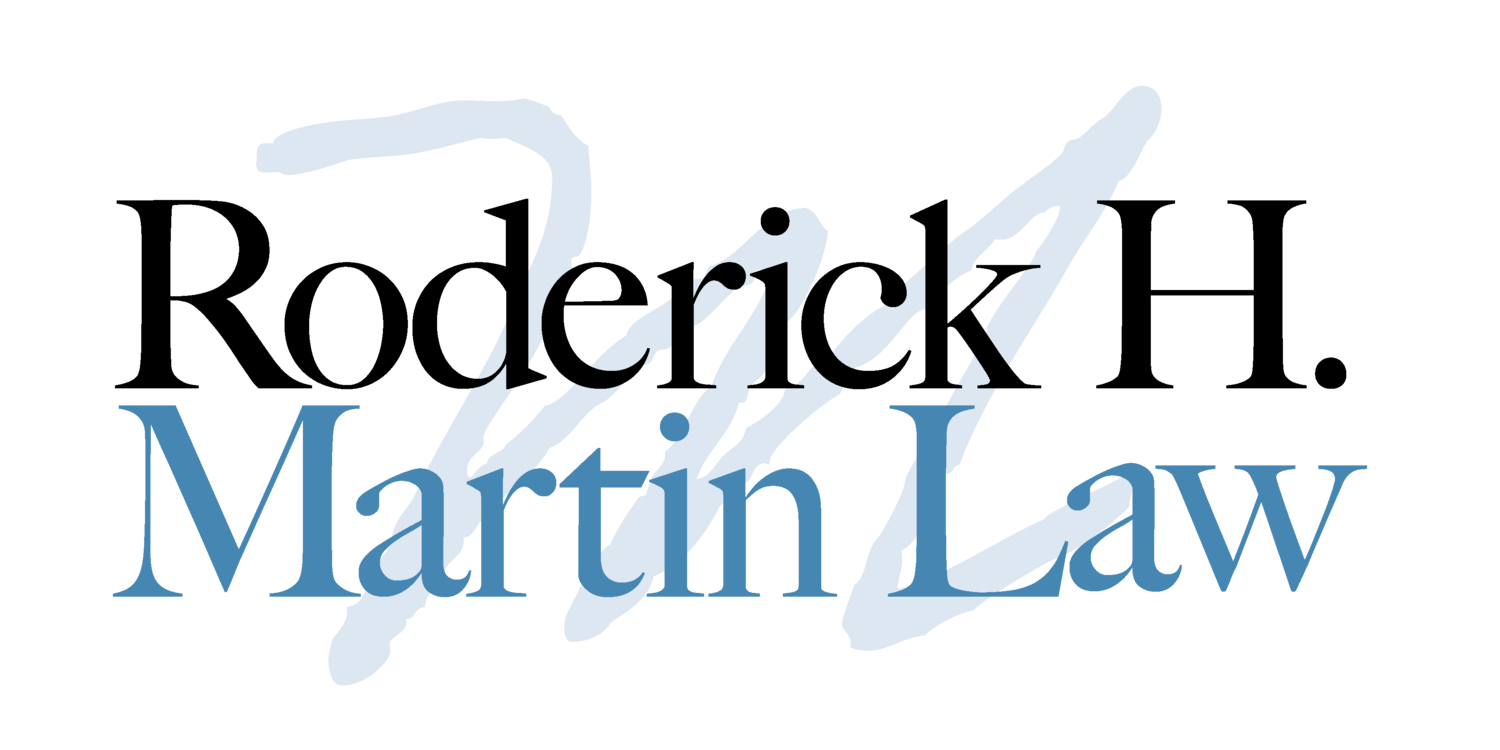Mortgage forbearance is not forgiveness
If you are one of many homeowners who had their mortgage payments “paused” thanks to the CARES Act, remember that these payments are not erased. They will need to be repaid. It is important for you to talk to your servicer to determine the best options for you and next steps.
Under the CARES Act passed by Congress this spring, any borrower with a mortgage owned by government-backed mortgage servicers like Fannie Mae and Freddie Mac may request forbearance for 180 days plus one 180-day extension. Minimal documentation is required to secure forbearance under the CARES Act, but borrowers must affirm that their request is due to financial hardship caused by the pandemic.
About a month before your forbearance is scheduled to end, you and your servicer should be talking to determine next steps. For many Americans that time is now, as some forbearance programs are scheduled to end later this month. There are several possible options for making up your missed payments, so it will be important for you to assess your situation and ask questions to determine the best solution for you.
While you will eventually be responsible to repay all of the back payments that were missed, you will not accrue any additional fees, penalties or interest beyond those already scheduled.
You should understand how repayment will work. There can be different programs and options depending upon the type of your loan. For example, if you have a Fannie Mae, Freddie Mac, FHA, VA or USDA loan, you won’t have to pay back the amount that was delayed all at once — unless you are able to do so, according to the Consumer Financial Protection Bureau (CFPB). If your income is restored before the end of the forbearance term you are under, you should reach out to your servicer to resume payments as soon as you can do so to limit your future obligation. Many private lenders have also extended forbearance protection to their mortgage holders, even though they’re not required to under the law.
It is a good idea to keep an eye on your credit. You can check your credit reports weekly for free through April 2021. Being in forbearance should have no impact on your credit score because your servicer or creditor is required to report your account as current. If you have an escrow account, your property taxes and insurance will continue to be paid as before by your servicer, but this could result in future increase in your monthly mortgage payment if the lender has to advance those sums.
If you do not have an escrow account, you will need to pay property taxes and insurance as well as any HOA and condo fees accruing during forbearance.
Keep copies of all of the documentation regarding your forbearance and your arrangements with your servicer. The moratorium on foreclosures for all government-backed mortgages was recently extended until Jan. 31, 2021. It is a good idea to touch base with your servicer to see if you are eligible.
